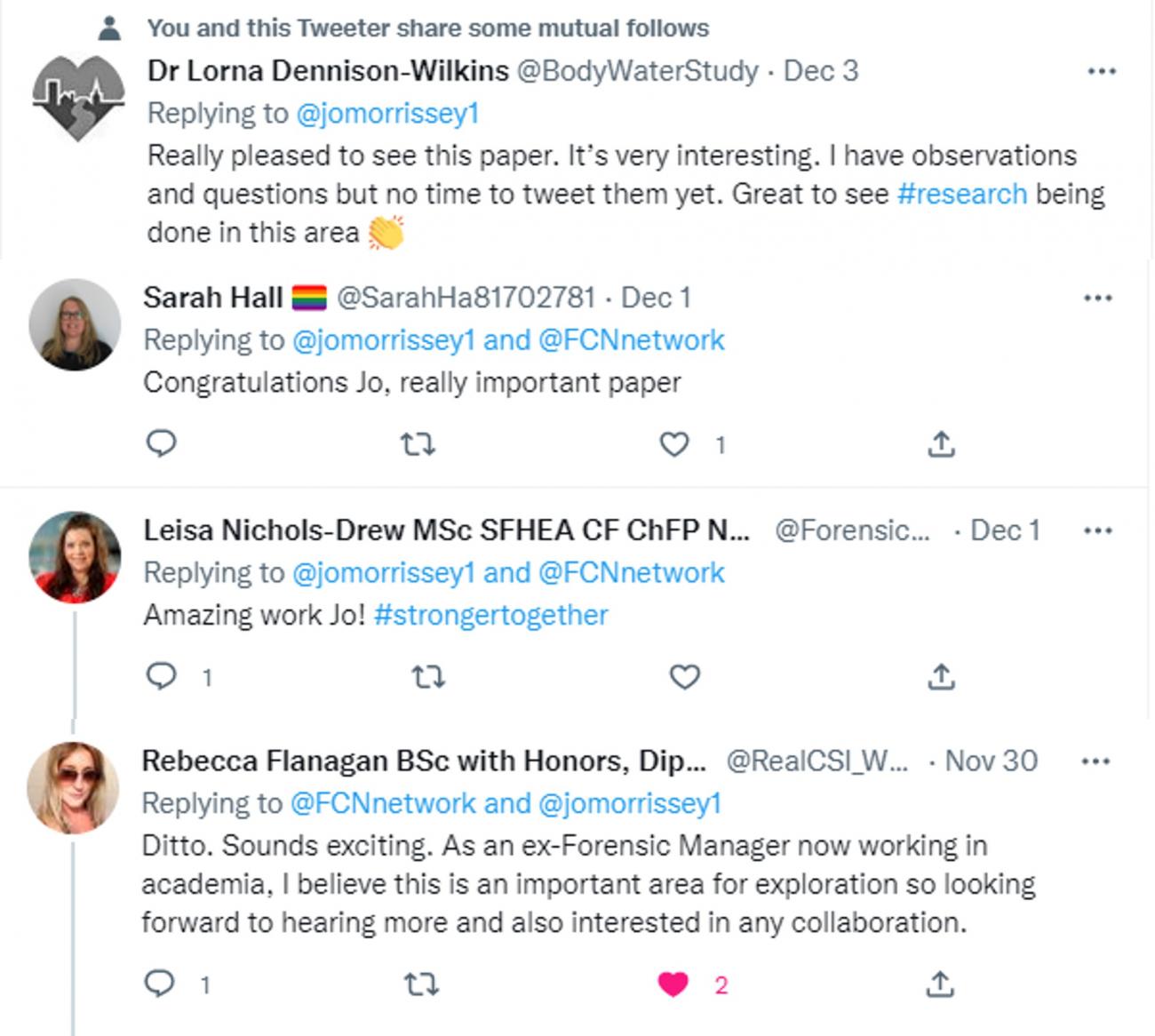17th December 2025

Forensic services have been facing ever-increasing challenges over the last ten years. Various reports and reviews, including one from the outgoing Forensic Science Regulator (FSR) in 2019, have highlighted a lack of funding, oversight and governance in the sector and the problems this creates for forensic practice.
There are other challenges. The imminent introduction of the FSR Code (due to be laid before Parliament in the first quarter of 2023, with implementation following six months later) will place an accreditation requirement on forensic science activities. Police forensic services are also grappling with workforce issues: recruitment, retention and the wellbeing of existing staff.
Given the headwinds faced by police forensics, it seems logical that working collaboratively has the potential to bring benefits.
The study identifies several current partnership arrangements, but notes that:
“…sharing experiences and best practice in establishing and maintaining these partnerships is still not widespread. There is very little analysis of the results and outcomes of forensic partnerships to date and more detailed assessment of their effectiveness would be helpful.”
What this study does is quantify those benefits as well as identifying the difficulties that need to be overcome for partnerships to be effective. The net result is a valuable guide for organisations considering partnership arrangements.
FCN Workforce Strategy Manager, Jo Morrissey co-authored the paper. She said:
“We wanted to examine partnership working from the perspective of everyone involved, practitioners, academics and 'pracademics' like myself who have completed both roles. Wider partnerships have proved to be effective in other disciplines, like nursing, and in policing and can be just as effective for forensics.”
The study drew on responses from professionals in the field of forensic science, working for either a service provider, a police service, or an academic institution in England and Wales. They described their experience of partnership working, including the barriers and benefits that they had faced.
Jo Morrissey again:
“By analysing and presenting the information we received, we can give a much clearer perspective on what success looks like. A good partnership is built on a solid relationship between the participants, is relevant to everyone involved and provides a clear reward. We describe these in the study as the three ‘R’s’ and they are the key to ensuring that a partnership fully realises its potential benefits.
“As a direct result of the study we’re developing a Partnership Toolkit which will be shared with the community very soon.”
The study has been well received by the community:

The study will also feed into a wider Forensic Workforce Strategy, which is being developed by the FCN.
The full paper is available until 19th January 2023:
Learn more about ways the FCN is supporting the forensic workforce here: